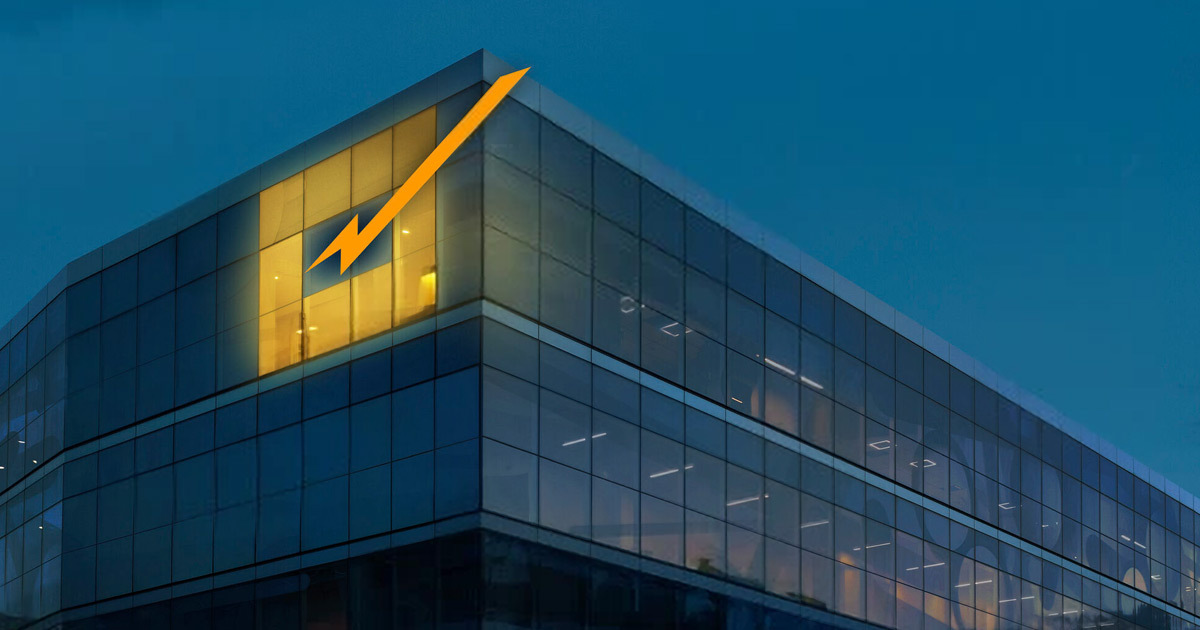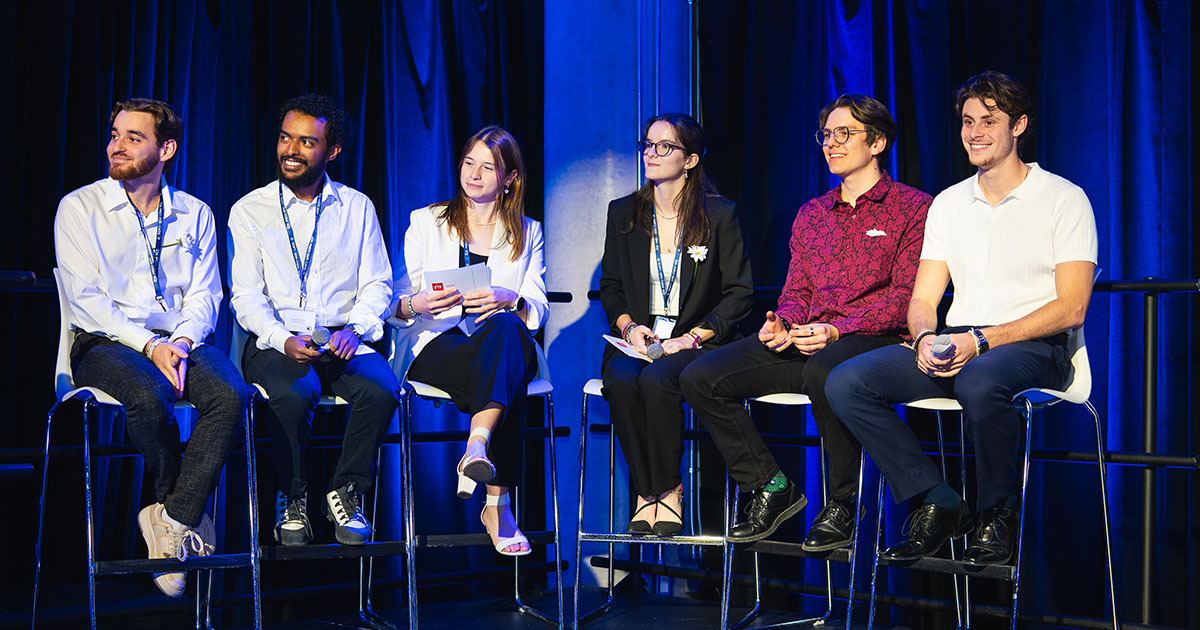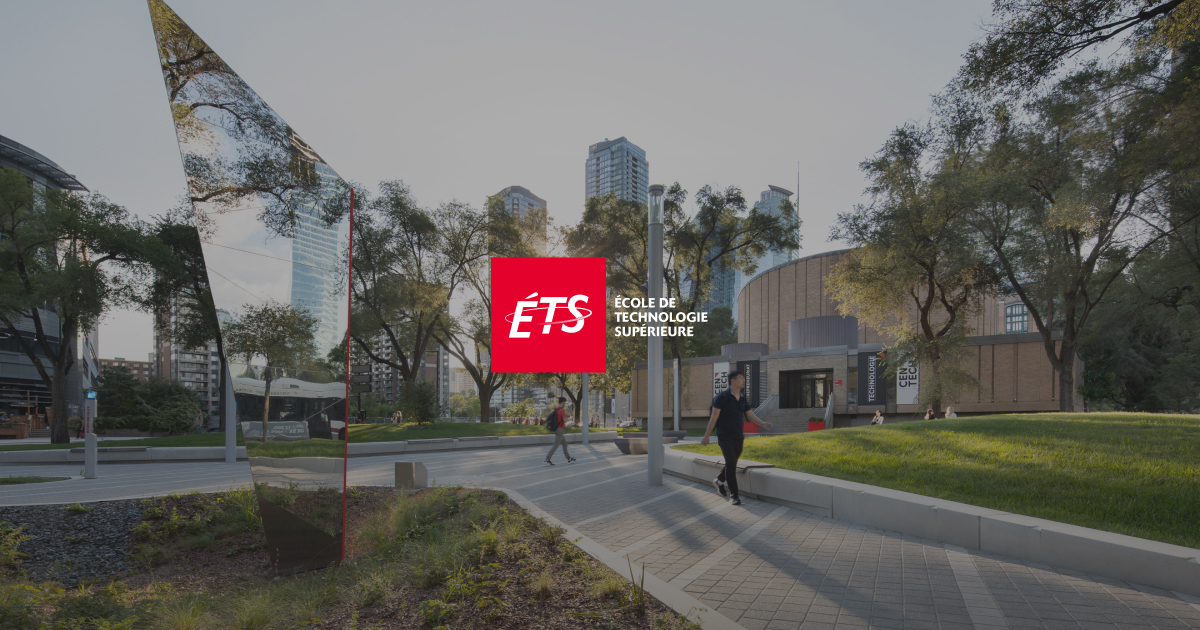Mining and Processing Metals in a Circular Economy
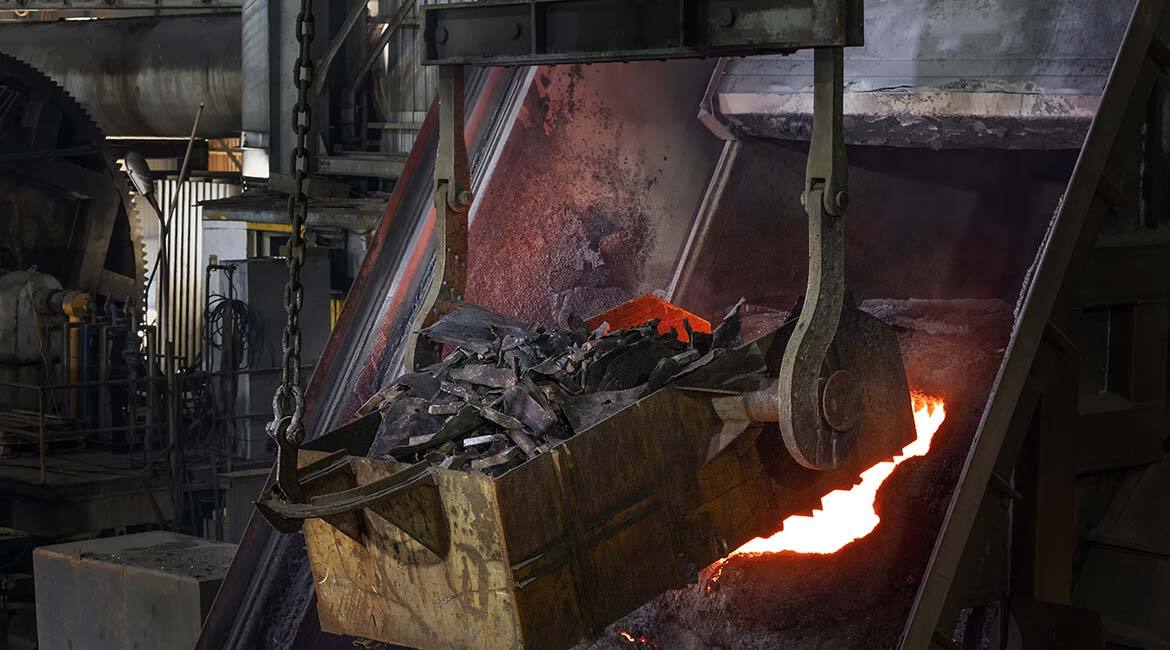
Purchased on Istockphoto.com. Copyright.
Canada ranks high in terms of waste generation, totalling 1.33 billion tons per year, or 36 tons per capita. Beyond the environmental impacts, this is a huge waste of resources. Waste from the mining and metallurgy industry, for example, contains metals—some rare and critical like lithium, cobalt, indium, vanadium, nickel—that are in ever-increasing demand. Much work remains to be done to recover and recycle the metals in the residues from the mining and metallurgical industry as well as in certain end-of-life objects (e.g. electronics). Researchers at ÉTS have decided to take up the challenge.
Overcoming the Lack of Fundamental Knowledge
Wastes from the mining and metallurgy industry are very diverse in terms of composition and phase constituents, more so than in virgin materials, complicating the recovery processes. Before even thinking about processing wastes, it is necessary to know their characteristics, starting with composition and mineralogy. But there is more. A complete characterization must be done in terms of physical properties too, e.g. particle size distribution, density, etc. Thermodynamic and kinetic behaviours must also be known to make the best possible choice of treatment processes and to define operating parameters.
In the context of our research, we intend to assemble a Smart Waste Database including all the physicochemical properties of wastes produced by the Quebec mining and metallurgy industry. Our database will then be extended to all of Canada. This colossal effort will allow us to identify and select wastes containing precious, rare or critical metals based on techno-economic criteria. The simulation and modeling would be highly useful to guide laboratory and full-scale experiments and save time and money.
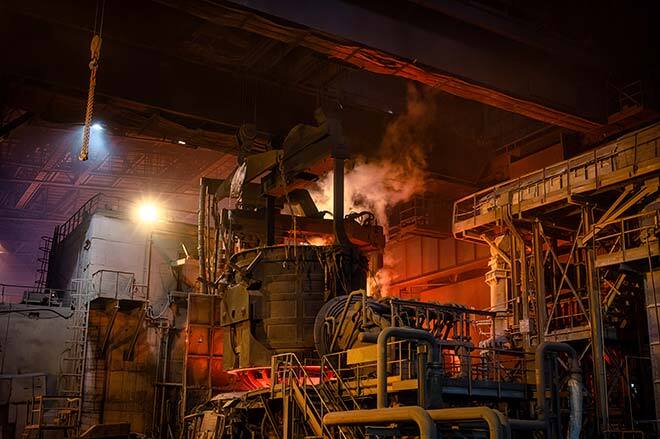
Choosing Processes Wisely
Assessing the overall environmental footprint of processes is essential when recycling wastes. Not all recycling processes are necessarily green. Some consume a lot of energy, some produce a lot of liquid wastes, chemicals, acids, while others emit a lot of CO2.
Waste treatment normally starts with separation processes. Sometimes some wastes have been accumulated for years and mixed with other types of wastes. This practice, although less common today, makes preliminary separation more difficult. High-temperature thermochemical and thermophysical processes can then be performed. These processes traditionally use coal as the reducing agent. However, we will explore the possibility of replacing this reductant and energy source with hydrogen to reduce CO2 emissions.
Multidisciplinary Projects of Great Complexity
One type of waste that caught our attention was the by-product from the zinc hydrometallurgical industry, due to its high environmental impact and possibly high concentrations of precious and rare metals. As many end-of-life products like electronics and semiconductors contain similar metals, these two types of wastes could be mixed together. Sulphide wastes from the mining industry (e.g. iron sulphide) is also very interesting as it offers a great potential for treatment.
The circularization of mining and metallurgy wastes requires a link between physicochemical properties of the wastes and fundamental knowledge (i.e. thermodynamics and kinetics) of waste recycling processes.

